Discover free Limited Partnership Agreement templates — easy to download, customize, and use for your business or investment projects.
Starting a business or bringing in new partners? A Limited Partnership Agreement (LPA) is your key to clear roles, responsibilities, and rights. It’s like a roadmap for your business partnership. That’s why we’ve gathered a collection of ready-made templates that are completely free—no hidden fees or subscriptions.
Whether you’re an experienced business owner or just starting, our templates make setting up strong, legal partnerships easy and hassle-free.
So, are you all set to level up your business partnerships? Our collection of over 10 free Limited Partnership Agreement templates, formatted in Microsoft Word, is like the secret sauce you’ve been searching for. Imagine this: your business operations running smoother, everyone having a crystal-clear understanding, and your collaborations flourishing. They’re just one click away.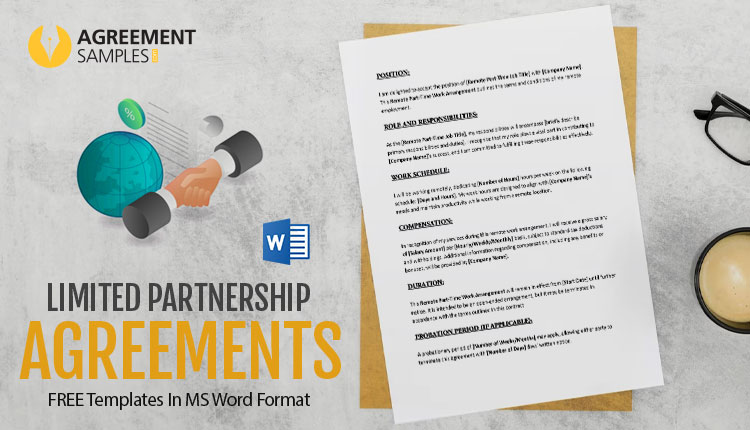
A Limited Partnership Agreement is basically a written set of rules for how a partnership will run. It’s used when there are two types of partners:
This agreement explains important things like:
People often use LPAs in real estate projects, investment groups, and family businesses because it keeps everything clear and avoids confusion later.

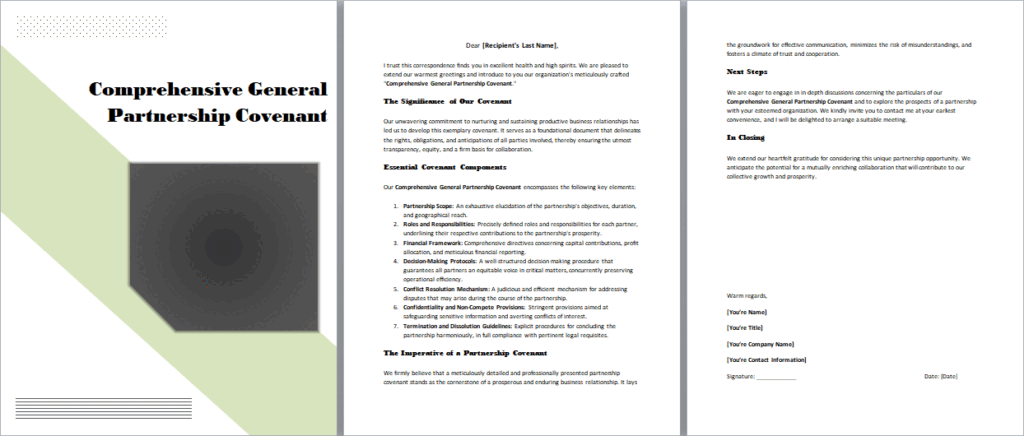

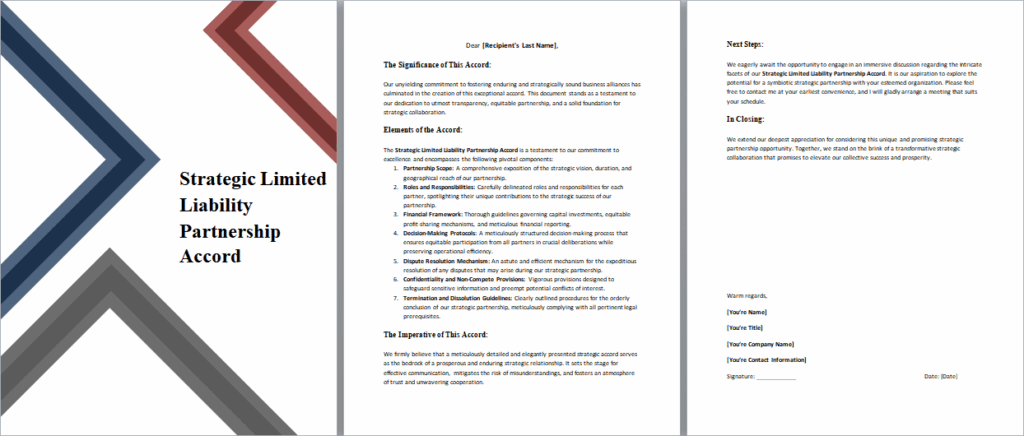

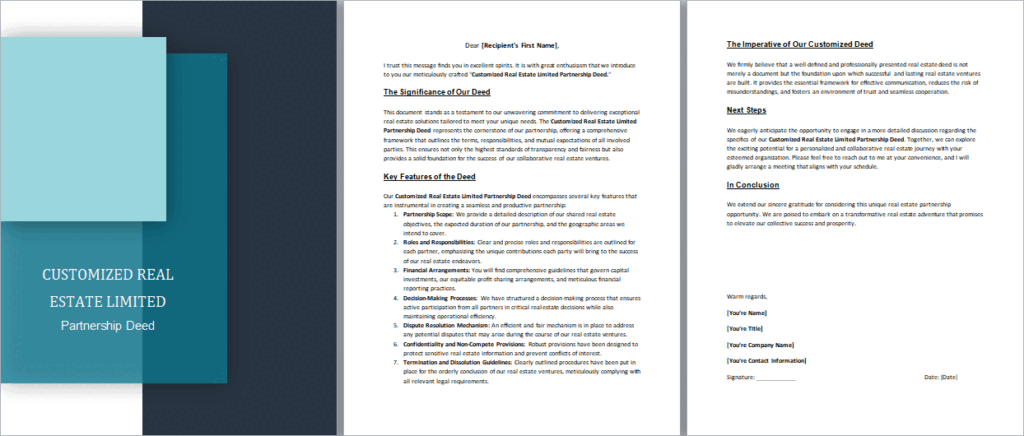

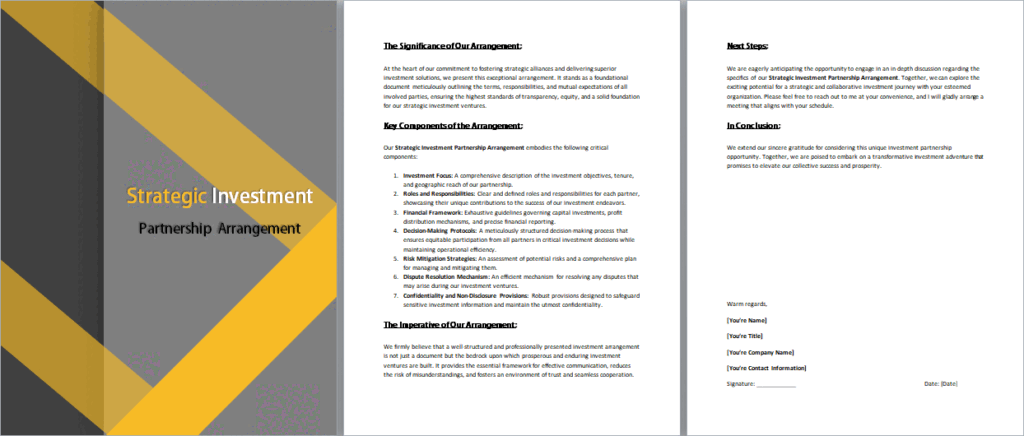

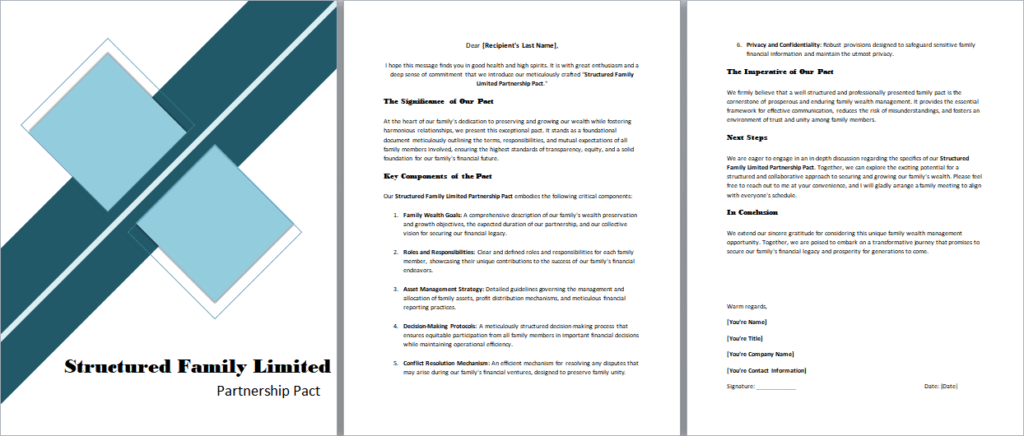
A Limited Partnership Agreement usually covers the most important rules for running the partnership. Common clauses include:
These clauses make sure everyone’s rights and duties are clear, reducing the chance of conflict.

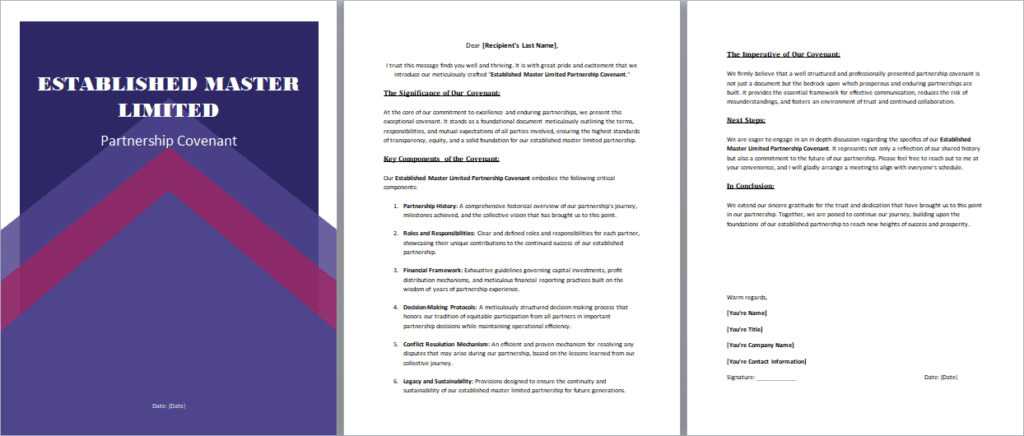

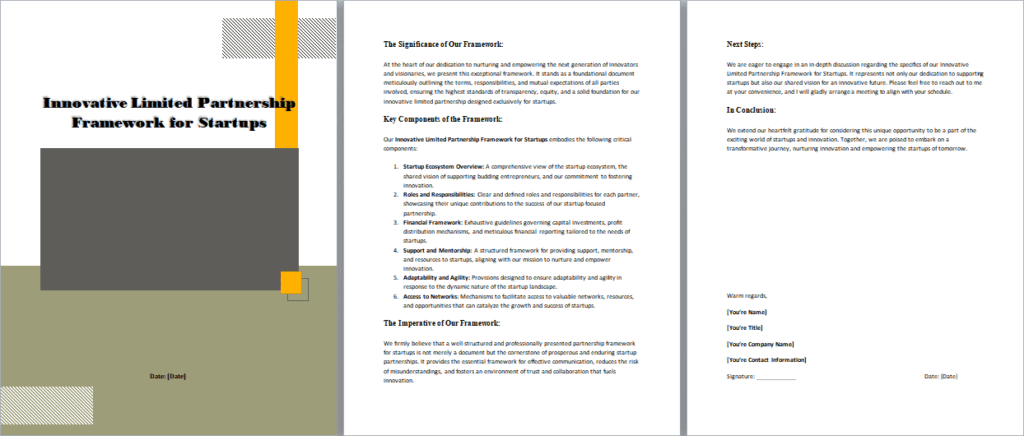

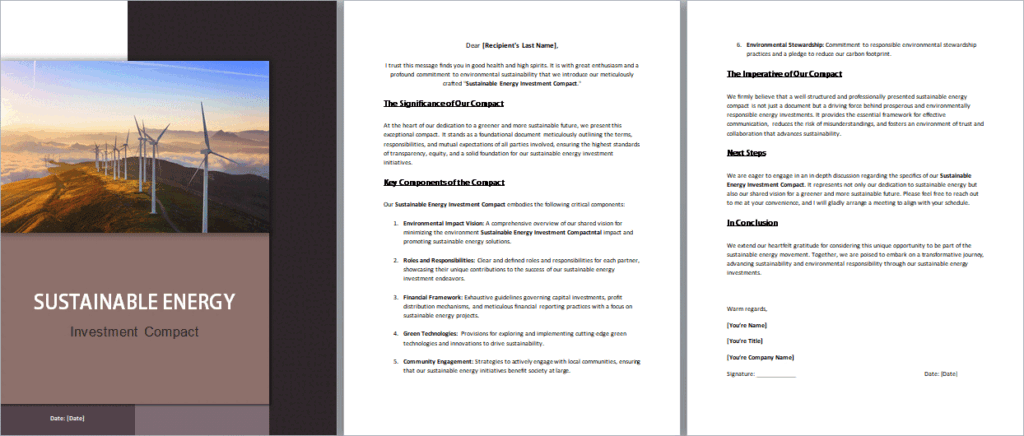

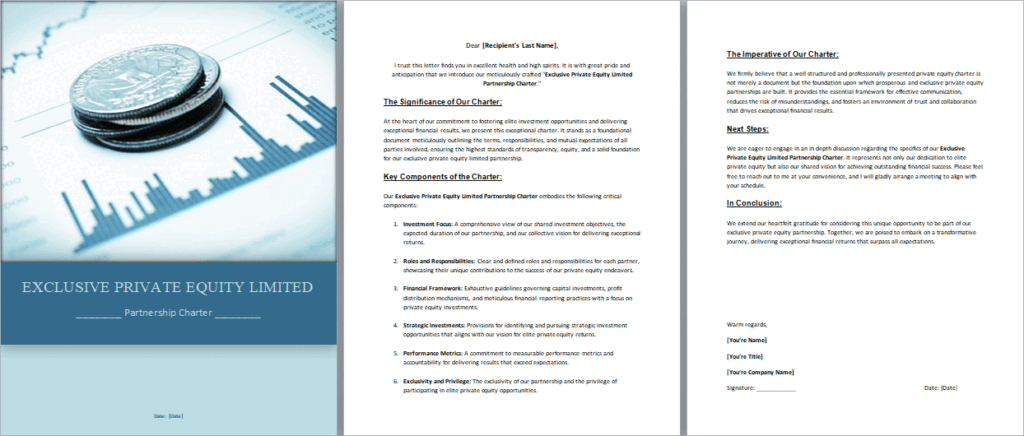

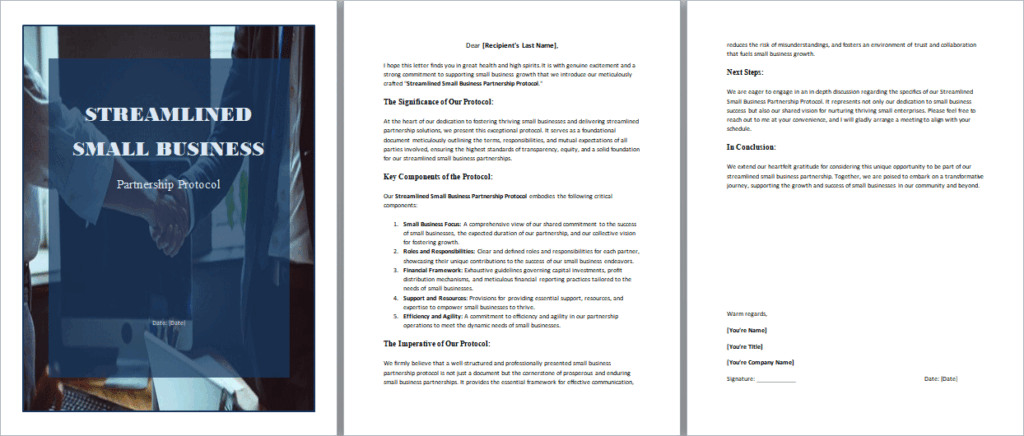

The main difference between a limited partnership (LP) and a general partnership (GP) comes down to liability and involvement in management:
In short, a general partnership offers simplicity but more personal risk, while a limited partnership provides an option for investors who want protection and less involvement in operations.

Customizing a Limited Partnership Agreement template is straightforward. You just need to adjust the details so they fit your business. Here’s how to do it:
By following these steps, you can quickly turn a template into a legally reliable agreement tailored to your needs.

A Limited Partnership Agreement is a contract that explains the roles, contributions, and responsibilities of both general and limited partners in a business.
Any business with both managing partners and passive investors should have one to avoid misunderstandings and protect everyone’s interests.
Yes, you can fill in partner details, contributions, and rules, but it’s best to have a lawyer review the final version.
In a general partnership, all partners manage the business and share unlimited liability. In a limited partnership, general partners manage while limited partners only invest and have limited liability.
Yes, but they must be customized to your business and reviewed to ensure they meet local legal requirements.
← Previous Article
12+ Free Part-Time Employment Agreements for Your Consideration